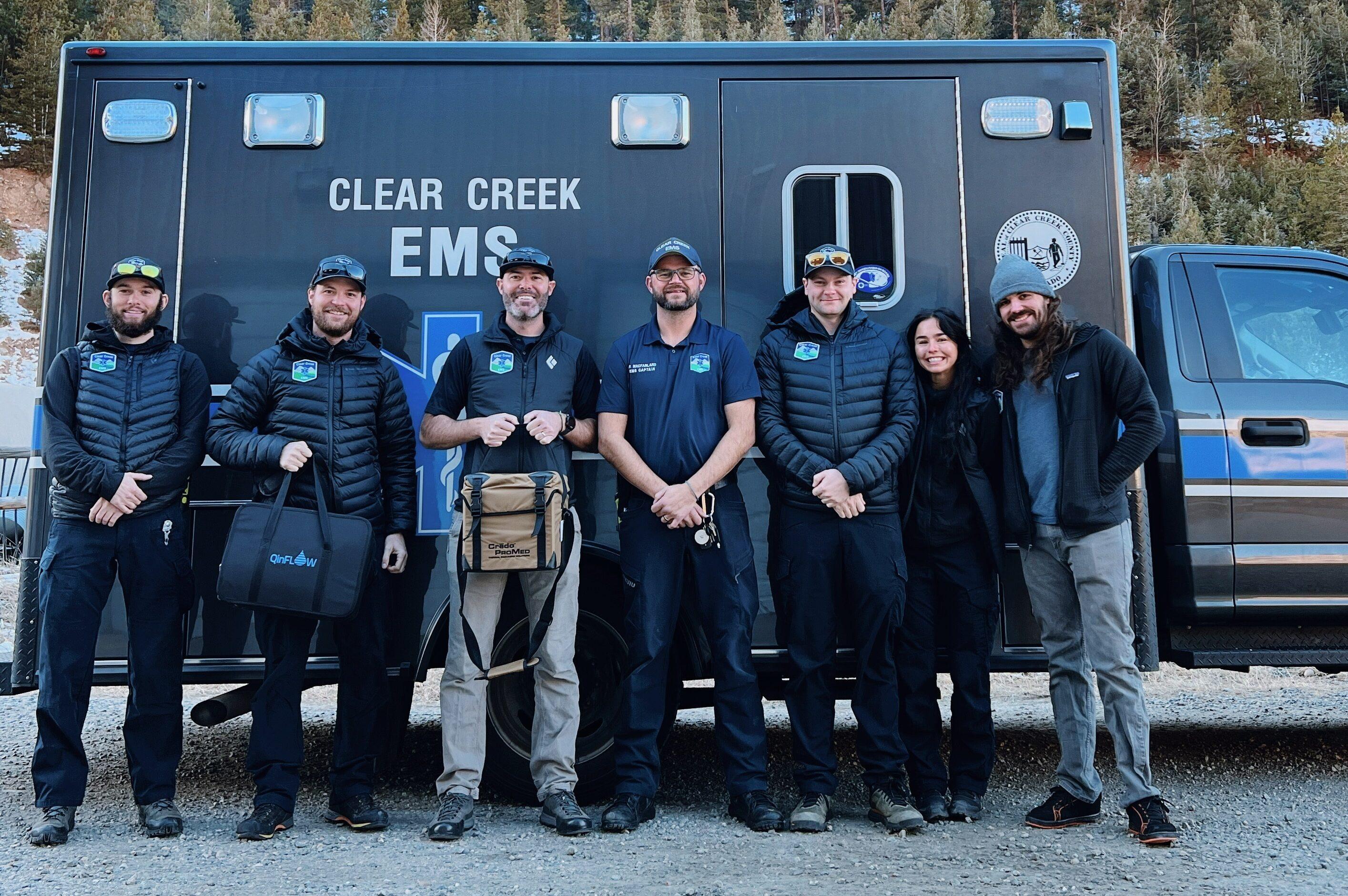
A proposal to rewrite Colorado’s rules for workplace harassment claims is expected to be introduced as soon as Wednesday at the state capitol.
It would change things for employers by limiting the use of confidentiality agreements in court, and potentially make businesses liable even if a person doesn’t come forward internally before filing a lawsuit.
The bill would also change things for employees by allowing independent contractors, subcontractors and unpaid interns to file harassment claims. All employees would be given two years to file a complaint, up from six months now.
“With the gig economy that we have these days, more and more people don’t have regular jobs in the traditional sense,” said one of the bill’s main sponsors, Democratic Rep. Susan Lontine of Denver. “And so they don’t have any way to address when they’ve been harmed by harassment.”
Lontine and Sen. Faith Winter of Westminster, the bill’s other main sponsor, have been at the center of the legislature’s own workplace harassment issues in recent years. Both made their own allegations of harassment against sitting lawmakers.
Winter was the first to publicly accuse Democratic Rep. Steve Lebsock of sexual harassment, a move that led to him becoming the second lawmaker in Colorado history to be expelled from the state legislature.
Winter’s proposed bill was shaped by personal experience and by hearing from “constituents and women throughout the community about how common workplace harassment is and the need to really update our laws to make our workplaces harassment free all over Colorado for all workers.”
One key provision would change the legal standard for harassment at work. Winter believes the current threshold, which requires harassment to be “severe and pervasive” is too high.
“Even if an employee was brave enough to come forward and tell their story, actually go to court, ‘severe and pervasive’ basically says, well, there is a level of harassment in the workplace that's acceptable,” she said.
Instead, Winter wants the new threshold for a hostile work environment to be one that “undermines a person’s sense of well-being or safety.” Some members of the business community, however, say that definition is too broad.
“I think you could have a lot of claims made by workers on the job who feel as though their well-being has been undermined,” said Loren Furman with the Colorado Chamber of Commerce. “So we need to narrow that language to be more specific as to what the proponents are trying to focus on.”
Furman takes issue with other elements of the proposed legislation that would make it easier for employees or contractors to bring complaints against a company. She said it could make companies liable for working conditions for contractors they have little control over and leave businesses vulnerable to lawsuits about behaviors they’re unaware of.
“We don't advocate for harassment in any way and none of our members do advocate for harassment,” Furman said. “We want to address this, but we want to do it the right way and we want to make sure that this bill is done correctly and it's done so it can be effective and then it doesn't have problems later on when it becomes a law.”
Furman also wants penalties added if someone files a frivolous claim and warns that a poorly crafted law could leave companies drowning in bad lawsuits.
According to the National Women’s Law Center, since the fall of 2017 when the #MeToo movement took off, 15 states have passed bills to strengthen workplace protections. Some have essentially banned companies from enforcing non-disclosure agreements related to discrimination, retaliation or harassment.
Colorado’s proposed bill would not allow non-disclosure agreements to keep the identity of the accused confidential in a legal case.
Other states have like Louisiana have said if public funds are used to settle a claim, the victim cannot be prevented from speaking out.
So far, Colorado lawmakers have only addressed the legislature’s own policies after complaints against a handful of lawmakers were found credible.
When Winter first came forward in 2017 the capitol didn’t have a human resources person on staff. In 2019 the legislature made more changes and agreed to release an annual statistical report on the number of complaints at the capitol and to make some details of credible complaints against lawmakers public, including the harasser’s name. It also added mandatory harassment training for legislators and staff.
Legislative leaders also no longer oversee complaints. Instead, a bipartisan panel of lawmakers handles the proceedings and hires an outside investigator.









